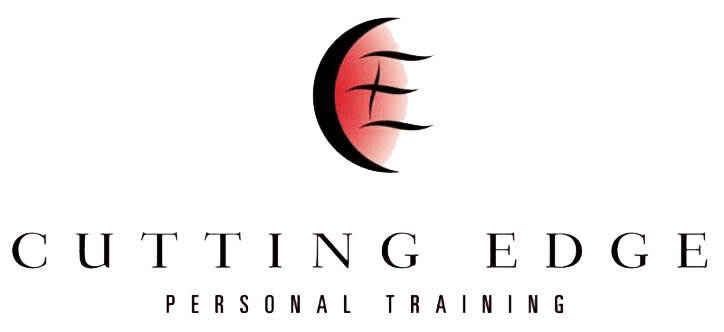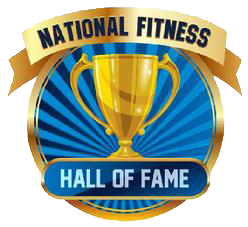November 20, 2024
Before You Hire a Personal Trainer in Nashville, Read This Guide
Tips for Finding a Nashville Personal Trainer
Investing in a personal trainer can be a game-changer for achieving your fitness goals. However, not all trainers are created equal, and committing to the wrong one can lead to frustration, wasted time, and money. This guide will help you make an informed decision when hiring a personal trainer in Nashville, ensuring your investment yields meaningful progress.
Match Your Goals to the Right Trainer
The first step to finding a great trainer is identifying your goals. Are you aiming to lose weight, build muscle, or improve general fitness? Matching your needs to a trainer’s expertise is crucial for success. For instance, a marathon coach may not be the best fit if you're focused on gaining strength, just as a bodybuilding coach might not excel in helping you train for endurance events.
Ask yourself:
- Are you trying to lose weight? How much?
- Do you want to improve strength or master specific skills like Olympic lifts?
- Are you preparing for a 5K race or powerlifting competition?
- Do you simply want to feel healthier and enjoy the process of working out?
A skilled Nashville personal trainer will specialize in areas that align with your goals, but it's your responsibility to ensure you’re looking in the right direction.
Expertise vs. General Knowledge
One common mistake people make is assuming all trainers are equally skilled across all fitness goals. The truth is, a trainer's expertise may be limited to certain areas. A trainer experienced in bodybuilding might not be the best choice for improving flexibility or cardio fitness.
Before hiring a trainer:
- Check Certifications: Reputable certifications like those from NASM, NSCA, or ACE ensure a baseline of knowledge.
- Review Experience: Ask about their track record with clients who had similar goals. Testimonials can provide valuable insights.
- Understand Their Approach: A trainer should assess your fitness level, consider past injuries, and create a plan tailored to your needs.
Personality Fit is Key
A trainer’s expertise matters, but their personality and coaching style can make or break your experience. You’ll spend a lot of time together, so finding someone whose approach aligns with your preferences is essential.
Consider:
- Do you prefer detailed explanations, or do you like to keep things simple?
- Are you motivated by encouragement, or do you thrive on tough love?
- Do you need someone highly involved, or are you more independent?
The best Nashville personal trainers adapt their style to complement your personality and learning preferences, ensuring a productive and enjoyable partnership.
Red Flags to Avoid
Not all trainers operate at the same level of professionalism or expertise. Watch out for these red flags when hiring a trainer:
1. Cookie-Cutter Programs
If a trainer doesn’t tailor workouts to your specific needs, that’s a sign of inexperience or lack of effort. Avoid trainers who use the same plan for every client.
2. Overly Complex Workouts
Flashy, gimmicky exercises may look impressive but often lack purpose. A great trainer focuses on foundational movements that align with your goals.
3. Ignoring Pain or Injury
Pain during exercise is not normal. A good trainer will adjust exercises or refer you to a professional if pain persists.
4. Distraction During Sessions
A trainer who checks their phone or seems disengaged isn’t giving you the attention you’re paying for. Look for someone fully focused on your progress.
5. Outdated or Myth-Based Training
Trainers who promote quick fixes or outdated fitness myths, like "spot reduction," are a red flag. A knowledgeable trainer will base their methods on the latest research.
Certifications Matter, But So Does Experience
While certifications like NASM, NSCA, or ACSM are important, they’re not the sole indicator of a great trainer. Experience and client success stories are equally valuable. Many of the top personal trainers in Nashville combine certifications with years of hands-on experience and a passion for continued learning.
Why Nutrition Matters
A great trainer understands the role of nutrition in achieving fitness goals. While trainers aren’t dietitians, they should provide basic guidance and help you align your diet with your objectives. If your trainer doesn’t touch on nutrition at all, you’re only getting half the picture.
Conclusion
When hiring a personal trainer in Nashville, remember they work for you. A great trainer will assess your needs, create a personalized program, and guide you toward achieving your goals safely and effectively.
Do your research, ask the right questions, and prioritize personality and approach alongside expertise. By taking these steps, you’ll ensure your fitness journey starts on the right foot.





